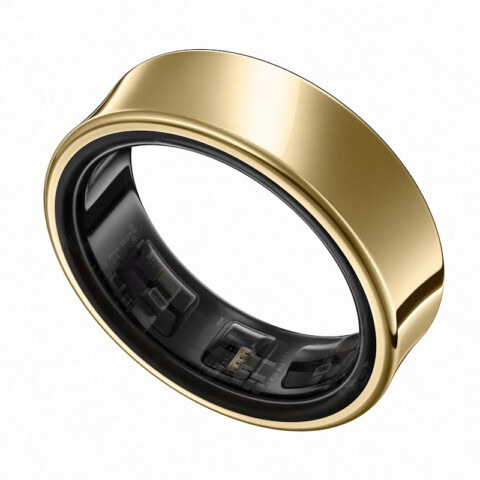In the first of his new hi-fi column, DR RICHARD VAREY looks at the meaning behind common – and not-so-common – categories.

There’s a lot of bad language in hi-fi circles. The mega-prolific conversations about hi-fi are riddled with sloppy speech.
In a near-desperate bid to understand and confront this befuddling fouling of our hobbyist chatter, I resorted to consulting a dictionary as well as a thesaurus, producing an enriching outcome. After careful thought, I have concluded that because the suffix “philia” denotes a strong feeling of attraction, we would better serve our talk by using clearly distinct terms.
Thus, an Audiophile has a propensity to (i.e. loves) high-fidelity sound reproduction. Clarity, dynamics, harmonics, and soundstage float their boats. Discerning and discriminating sonic character is an honourable pursuit. Their mantra is “listen to the quality of the reproduction”.

Similarly, a Technophile loves technology. They are inverted Luddites. They desire and crave the latest format, feature, and enhancement. Upgrade is in their genes. They are to be found amongst the early adopters of ‘new’ and ‘better’ products and techniques, unless they favour the classic vintage machine of yesteryear.
 A Musicophile, on the other hand, is a music lover. Inspired empirical neurologist and psychiatrist Oliver Sacks wrote a book about them and it (Musicophilia: Tales Of Music And The Brain, 2007). They listen to music and it is an auditory, emotional, and motoric (i.e. with the muscles) experience. We are (almost) all musicophile to some degree, as we are susceptible to music. Many are passionately moved by music, while only a very few (who suffer musical anhedonia) remain indifferent. Musicophiles may be interested in all of the music, or perhaps just the composition, the performance, and/or the sound of the music. The music carries the idea, composed in sound, which emerges in interpretation of the composer’s instructions and may aspire to communicate their idea. The sound of the music is the listener’s perception and interpretation of the idea conveyed by the musical performance. The musicophile is motivated by such things, and the emotional associations with people, places, and moods elicited in the mind when listening to played music.
A Musicophile, on the other hand, is a music lover. Inspired empirical neurologist and psychiatrist Oliver Sacks wrote a book about them and it (Musicophilia: Tales Of Music And The Brain, 2007). They listen to music and it is an auditory, emotional, and motoric (i.e. with the muscles) experience. We are (almost) all musicophile to some degree, as we are susceptible to music. Many are passionately moved by music, while only a very few (who suffer musical anhedonia) remain indifferent. Musicophiles may be interested in all of the music, or perhaps just the composition, the performance, and/or the sound of the music. The music carries the idea, composed in sound, which emerges in interpretation of the composer’s instructions and may aspire to communicate their idea. The sound of the music is the listener’s perception and interpretation of the idea conveyed by the musical performance. The musicophile is motivated by such things, and the emotional associations with people, places, and moods elicited in the mind when listening to played music.
Thus, a musicophile may also be a technophile because they are an audiophile in their pursuit of true ‘natural’ musical experiences. The musicophile may be neither a technophile nor an audiophile. For them, it’s all in the music, and so are they.
Many electro-acoustic machine worshippers referred to as audiophiles are actually technophiles, and show little evidence of really enjoying great music, which may indeed be a distraction from measuring and testing (and pontificating).
Technophile, audiophile, and musicophile – these terms get (over-)used interchangeably – and most often wrongly. Except the latter, which rarely is used at all. This seems most odd, since there are way more musicophiles than audiophiles and even technophiles.
And I haven’t even started on brand worshippers. DR RICHARD VAREY















Certainly, in a few audio rooms at Hifi shows there’s been a lack of musicophilia. I’m not talking different tastes in music, but when the only goal is a great recording, you’ve failed.